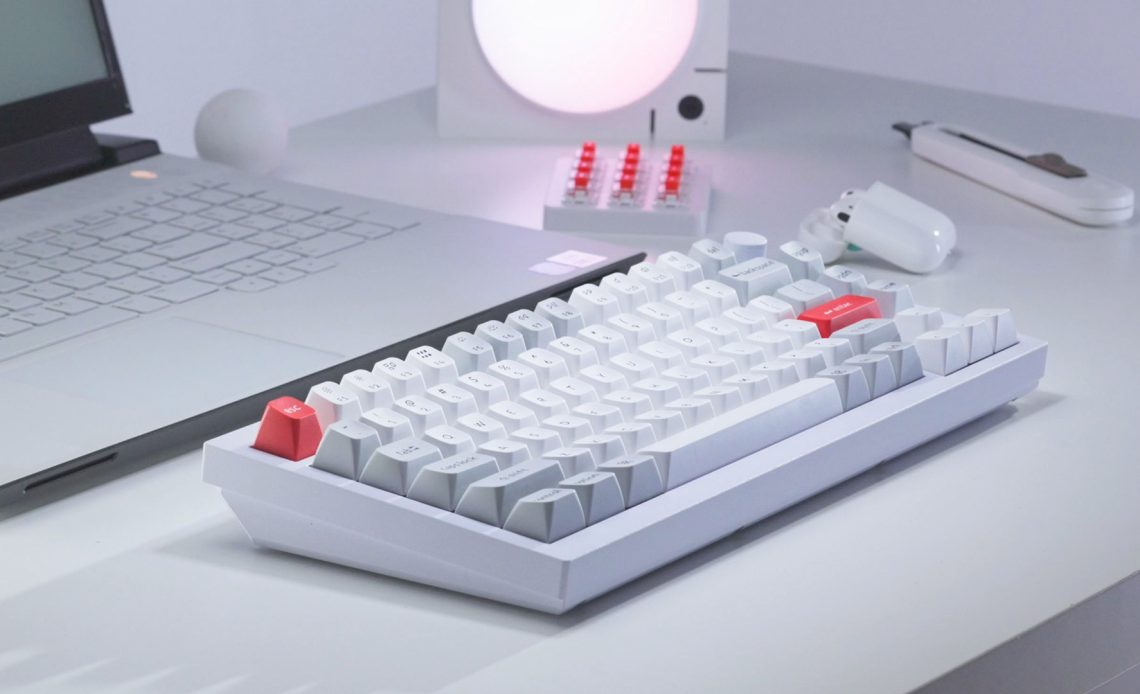
In 2025, there’s no reason you can’t have a wireless keyboard. From the most complex mechanical boards to the sleekest designer models to the flashiest gamer planks, and everything in between, there are options aplenty for wireless excellence. That even includes keyboards for budget buyers — you can find a great pick in every category for well under three-digit prices.
I’ve spent hours and hours using each model, banging away on product reviews, surfing the web, and keeping up on social media to bring you a list of the very best wireless keyboards around.
While there’s no one-size-fits-all keyboard, these recommendations aim to help you make an informed decision based on your own personal needs. After you’ve perused our best picks, be sure to check out our buying advice at the end to help you learn what to look for when shopping for a wireless keyboard.
In our keyboard evaluation process we look at everything from build quality to typing experience to customization options and bundled software. We use the heck out of a keyboard before rendering a verdict. To learn all the ins and outs of our review process see our article on how we test keyboards.
In addition to that, here are answers to some of the most common questions about wireless keyboards. Our answers could help with your keyboard purchase.
Wireless keyboards connect to a PC in one of two ways: via Bluetooth or a USB receiver. Wireless keyboards that connect via a USB receiver or dongle can only connect to a computer or device if it has a USB port. Bluetooth connectivity on the other hand does not require any dongle or extra receiver and can therefore easily connect to other Bluetooth-enabled devices without the need for any ports. Additionally, Bluetooth keyboards tend to cost a little more but also offer longer battery life.
While shopping, you may find that older devices do not support Bluetooth. However, if you need a keyboard to work across different platforms on newer devices, a Bluetooth-enabled model is the way to go.
Usually wireless keyboards are powered using either rechargeable or disposable batteries. Wireless keyboards with rechargeable batteries will just need to be plugged into an external power source such as a computer or wall outlet when the battery is low. Otherwise, wireless keyboards with disposable batteries will need those batteries to be replaced when they die. The most common types of batteries these keyboards use will be either AA or AAA alkaline batteries.
Yes, you can use a wireless keyboard with a laptop without issue. Depending on whether you are using a wireless USB dongle keyboard or a Bluetooth keyboard, you just need to connect to the laptop and then you are good to go. This is true if you wish to connect a wireless keyboard to your tablet or 2-in-1, as well.
Wireless keyboards are a fantastic option for most people, but they have a few limitations when it comes to gaming. Wireless keyboards can produce some slight latency issues between the keystroke being made and it being registered by your computer. This lag can be especially frustrating when playing games that require fast reaction times or in competitive environments — the latency may in some instances lead to a competitive disadvantage.
That being said, wireless technologies have improved immensely in recent years and any lag or interference issues are becoming extremely rare with the latest technology. Most casual gamers will be just fine with a wireless keyboard — opt for 2.4GHz wireless over Bluetooth for the most reliable results. You can minimize interference issues by keeping other wireless devices away from your wireless keyboard, as well.
Author: Michael Ansaldo
Source: PCWorld
Reviewed By: Editorial Team



